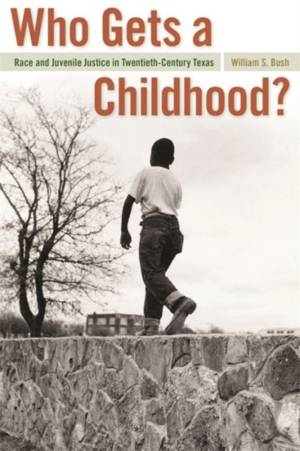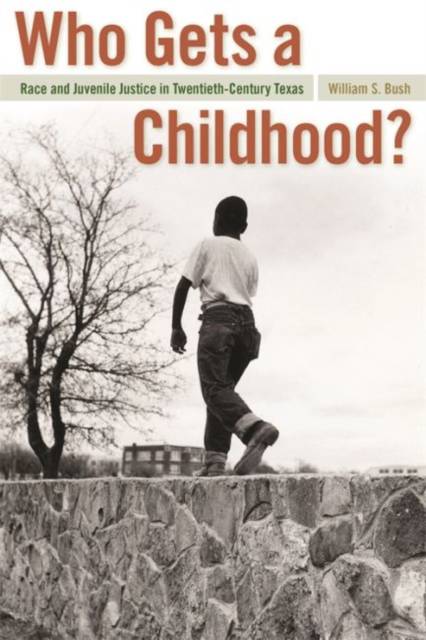
- Retrait gratuit dans votre magasin Club
- 7.000.000 titres dans notre catalogue
- Payer en toute sécurité
- Toujours un magasin près de chez vous
- Retrait gratuit dans votre magasin Club
- 7.000.0000 titres dans notre catalogue
- Payer en toute sécurité
- Toujours un magasin près de chez vous
215,45 €
+ 430 points
Format
Description
Using Texas as a case study for understanding change in the American juvenile justice system over the past century, William S. Bush tells the story of three cycles of scandal, reform, and retrenchment, each of which played out in ways that tended to extend the privileges of a protected childhood to white middle- and upper-class youth, while denying those protections to blacks, Latinos, and poor whites.
On the forefront of both progressive and "get tough" reform campaigns, Texas has led national policy shifts in the treatment of delinquent youth to a surprising degree. Changes in the legal system have included the development of courts devoted exclusively to young offenders, the expanded legal application of psychological expertise, and the rise of the children's rights movement. At the same time, broader cultural ideas about adolescence have also changed. Yet Bush demonstrates that as the notion of the teenager gained currency after World War II, white, middle-class teen criminals were increasingly depicted as suffering from curable emotional disorders even as the rate of incarceration rose sharply for black, Latino, and poor teens. Bush argues that despite the struggles of reformers, child advocates, parents, and youths themselves to make juvenile justice live up to its ideal of offering young people a second chance, the story of twentieth-century juvenile justice in large part boils down to "the exclusion of poor and nonwhite youth from modern categories of childhood and adolescence."Spécifications
Parties prenantes
- Auteur(s) :
- Editeur:
Contenu
- Nombre de pages :
- 276
- Langue:
- Anglais
- Collection :
- Tome:
- n° 11
Caractéristiques
- EAN:
- 9780820329833
- Date de parution :
- 15-09-10
- Format:
- Livre relié
- Format numérique:
- Genaaid
- Dimensions :
- 152 mm x 229 mm
- Poids :
- 539 g

Les avis
Nous publions uniquement les avis qui respectent les conditions requises. Consultez nos conditions pour les avis.






